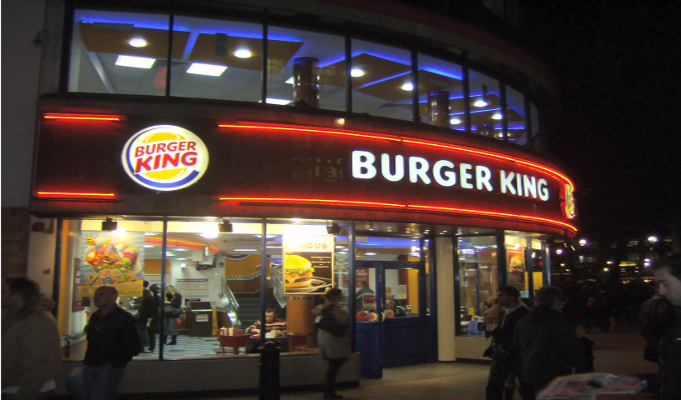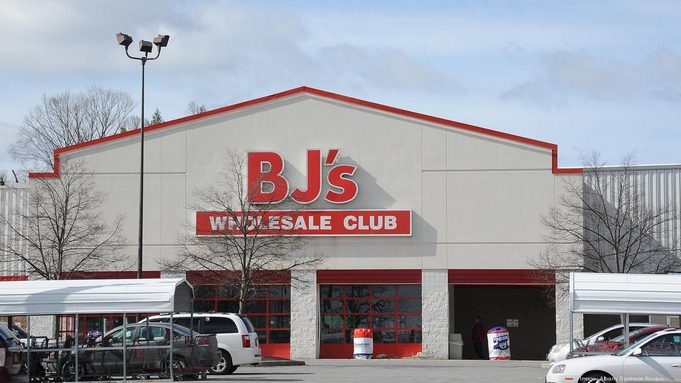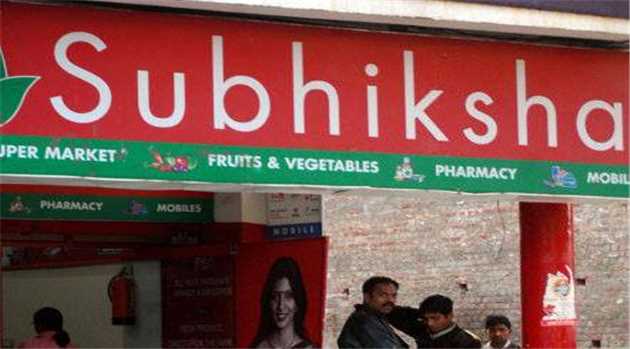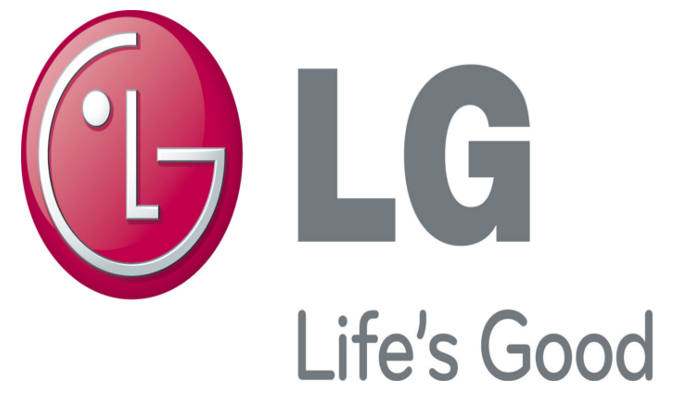The Gurus and the Gods
Brands and Retailers – Partners or Adversaries
By Rajeev Karwal
The Consumer Durables industry, as I define it is inclusive of consumer electronics, entertainment electronics, home appliances-large and small, photographic equipment, IT products, telecom, gaming equipment and related accessories, consumables and consumer services around these products. The overall market size for the product categories, according to me, is already touching about $20 bn. India, for quite some time to come, would be one of the fastest growing markets in the world for these products and services. Which means that India, after emerging as a big software power would also emerge as a big hardware power . Even by conservative estimates, I feel that by the end of the decade the market would more than double from current levels with categories like computers, telecom, digital cams gaming devices and related services growing at more high double or even triple digits.
If you look at the current organized retail market for these products and services, there is hardly anything worth talking about. Tata – Woolworth have opened their first store last quarter. The future group has started to keep some branded and private label in electronics and home appliances and some branded stuff in the IT, Telecom market. There have been some other initiatives which have been taken by groups like Viveks in the South and Vijay Sales in Mumbai. Viveks which has 57-odd stores, is present only in Tamil Nadu and Karnataka and does a turnover of approximately Rs. 400 crores and Vijay Sales, with its 14 stores in Mumbai does a turnover of about Rs. 300 crores. But majority of their turnover effectively comes from consumer electronics and home appliances. They are relatively weak in IT, telecom and other products mentioned above in the consumer durables category definition. There have also been efforts by brands like Sony, Samsung, LG and a couple of others to set up their own brand shops through a franchise system, but these brand shops even today don’t contribute substantially to these brands’ turnover.
If we look at the unique universe of the shops which sell the products mentioned above it would be about 40000 shops which means that the average turnover per shop is just 25,000 Rs per annum. Of course some are shops which are dealing in just these products for some portions of the year or a miniscule portion of the product portfolio. The average size of the showroom would be approximately 750sft which is simply inadequate for anyone to deal with more than 100 SKUs or 0.05% of the 20,000 unique ones available in the Indian Consumer durables market at any point of time.
Clearly the days of a Consumer Durables specialist store like Best buy a circuit city or even a Gome are far in India when you look at the above scenario or are they not? Best buy has a turnover of approximately 35 billion US dollars with presence in just 3 countries with approximately 700 stores and presence in 3 countries. Out of these 3 countries , in one country i.e China the presence is with one store which is just a fortnight old. The turnover of best buy per store with an average size of 38,000 sft is about 225Cr Rs per annum. The Chroma store if one was to project the turnover would do approximately about 125 Crores in the second year. With a size of approximately 20,000 sft and SKU inventory of approximately 4000 units vis a vis 16000 for a Best buy store, like for like, it’s a good showing. Some of the best showrooms of a Viveks and Vijay sales would also do like wise. There would be about 10 cities which can give this kind of result for a 20,000 sft store. About 5 of them can support about 2-3 such stores. The problem begins in the smaller cities where majority of the purchasers are first time buyers who purchase basic and commoditized spectrum of products. The answer not only lies in the smaller size of specialty stores but also of the consumer durables presence in the hypermarkets. Hypermarkets by nature however are price led and not solutions led. They are basket centric and not consumer centric. This is where the challenge will lie for the brands, manufacturers, traditional retailers and even the modern specialty retailers.
My feeling is that most of the brands will have to evolve to change their strategy from being only distribution and volume based incentive led to one that is more brand and net landing prices led. The retailer power and its own brands would increase with time. India may even see a few buying groups formed by the traditional trade, which would again be another pressure point for the established brands. Some major international brands which lost out in the last year may actually want to piggy ride a retailer into the country!
Its interesting times for the consumer durables manufacturers and the retailers. The winners would be those who are brand led and people led and not just price and volume led. The Gurus will have to face the Gods finally!
Rajeev Karwal
(The author is the former President and CEO of Consumer Durables vertical of Reliance retail. He is credited with some of the biggest successes in the consumer durables space . He successfully led and turnaround brands like LG, Onida, Philips and Electrolux. He can be reached on www.rajeevkarwal.com or rajeev.karwal@gmail.com )










